AA 174A / AA 274A / CS 237A / EE 260A / EE 160A
Principles of Robot Autonomy I
Fall 2022
Course Description
This course will cover basic principles for endowing mobile autonomous robots with planning, perception, and decision-making capabilities. Algorithmic approaches for trajectory optimization; robot motion planning; robot perception, localization, and simultaneous localization and mapping (SLAM); state machines. Extensive use of the Robot Operating System (ROS) for demonstrations and hands-on activities. Prerequisites: CS 106A or equivalent, CME 100 or equivalent (for calculus, linear algebra), and CME 106 or equivalent (for probability theory).
Instructor
 Prof. Jeannette Bohg
Prof. Jeannette Bohg
|
|---|
Course Assistants
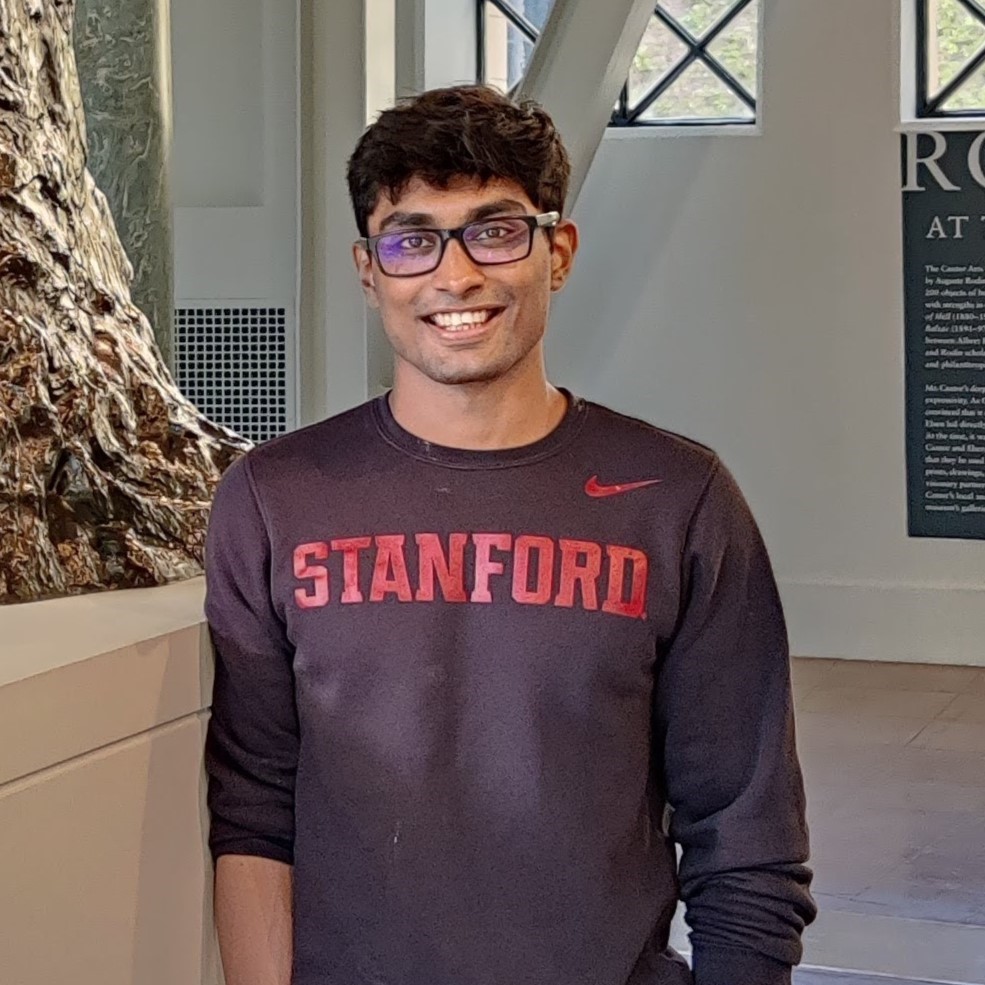 Aniket Bhatia
Aniket Bhatia
|
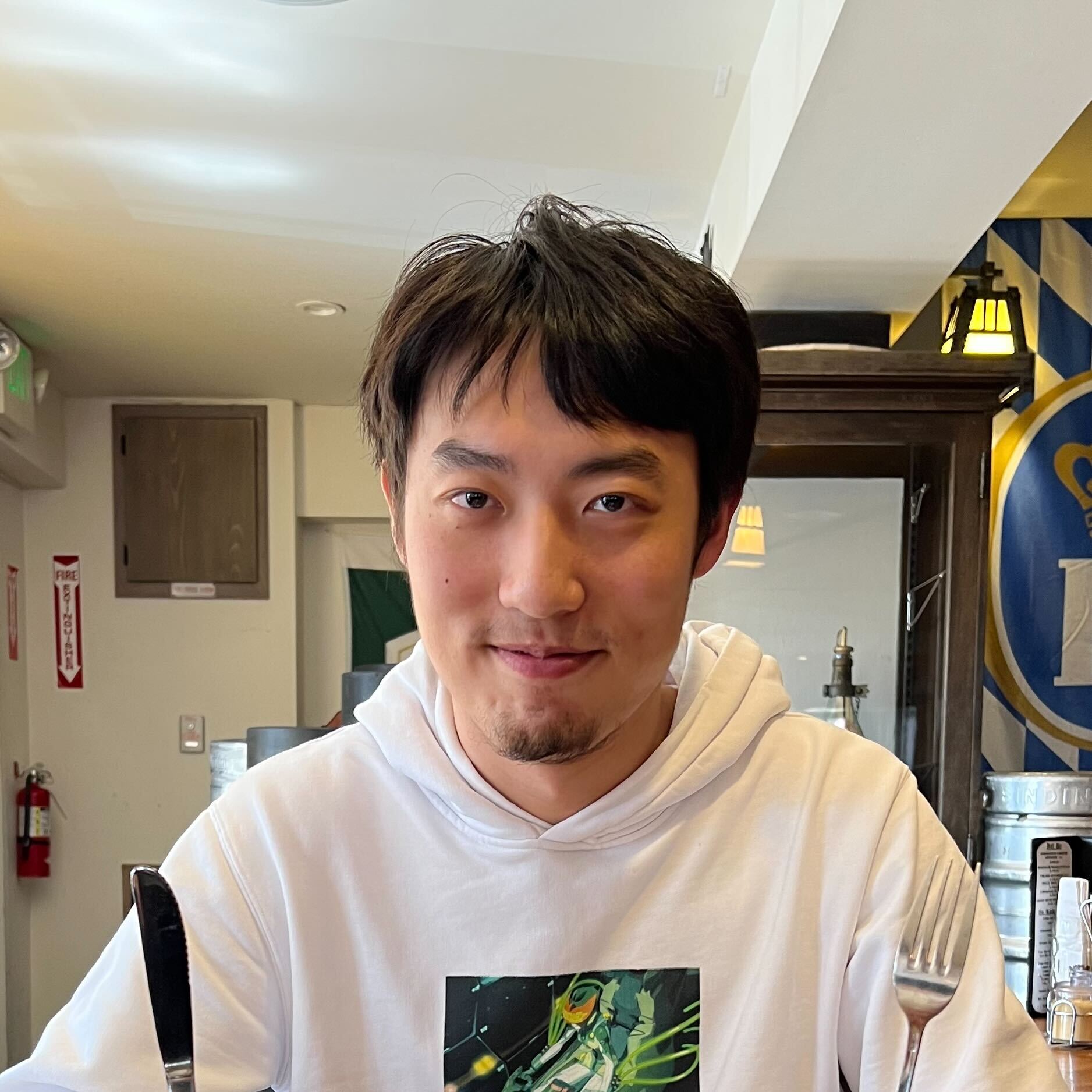 Zhengguan(Gary) Dai
Zhengguan(Gary) Dai
|
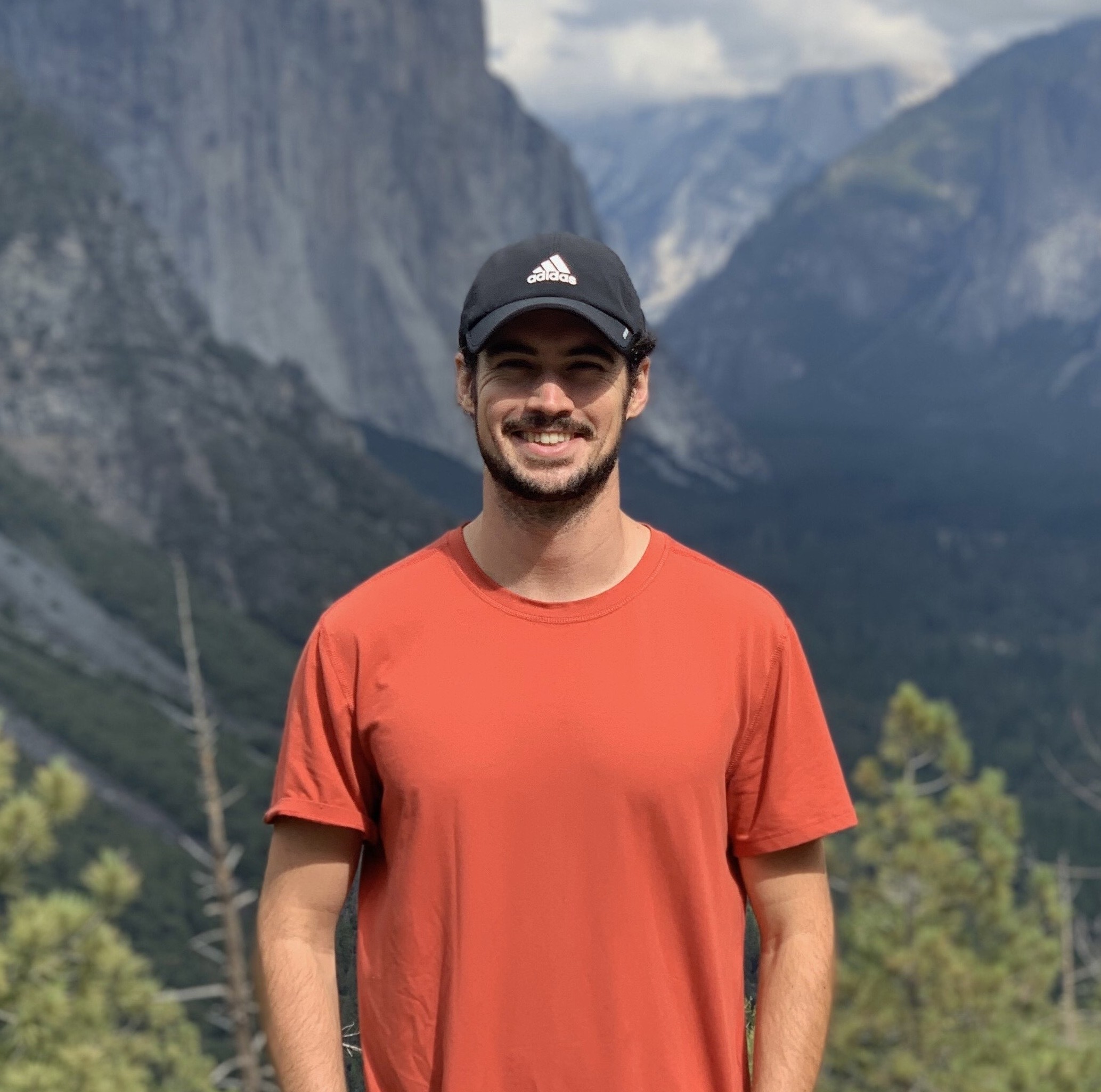 Brian Dobkowski
Brian Dobkowski
|
|---|---|---|
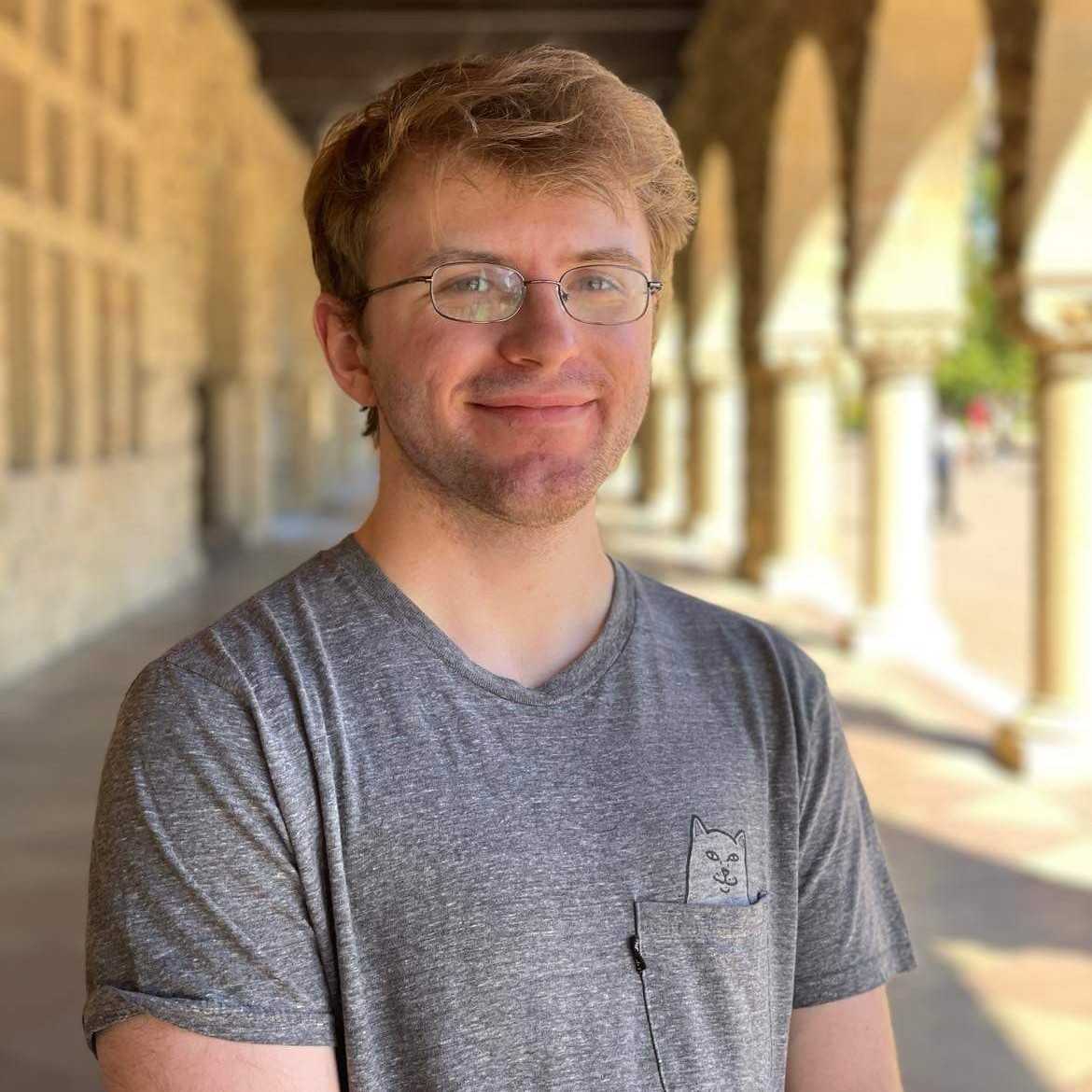 Mason Murray-Cooper
Mason Murray-Cooper
|
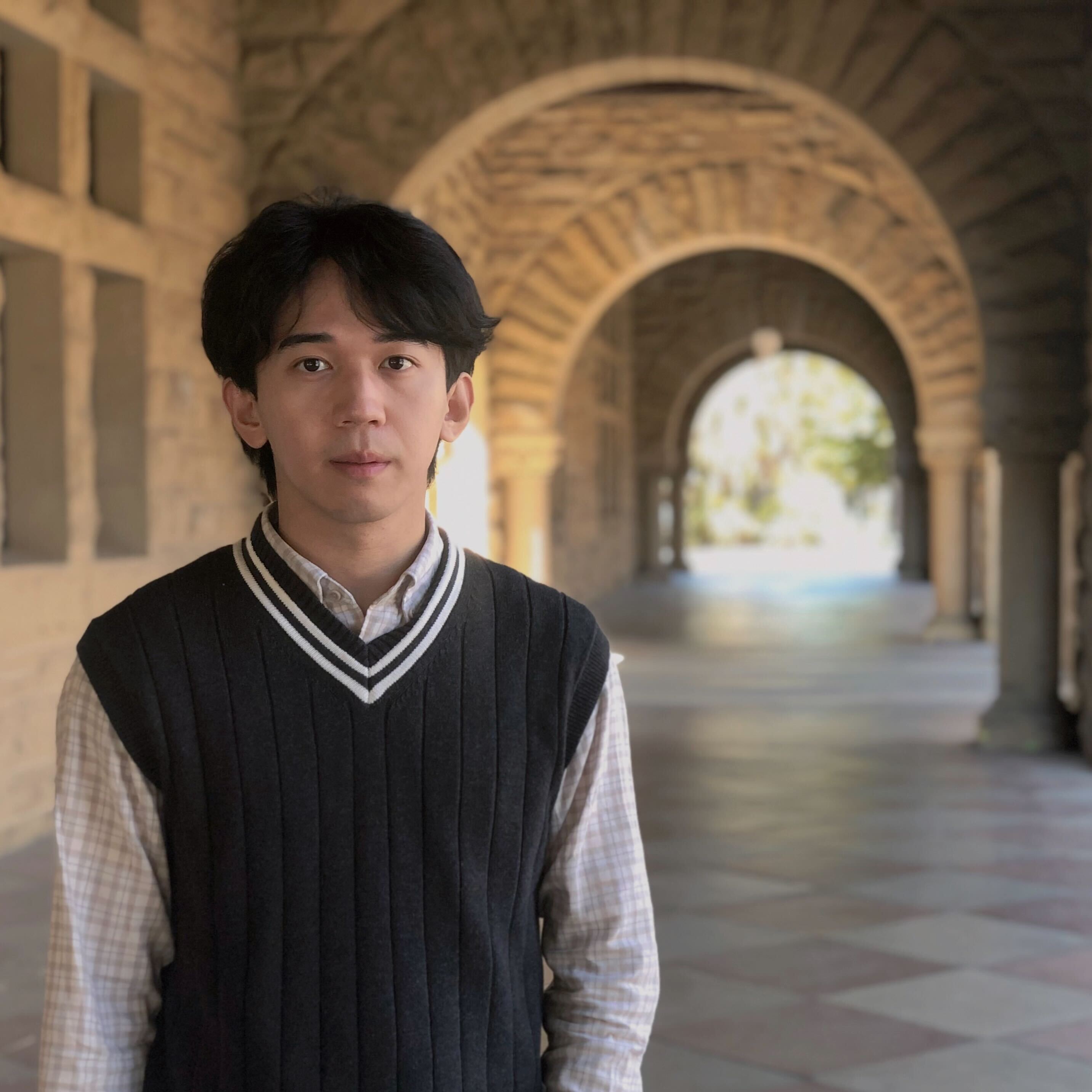 Hao Li
Hao Li
|
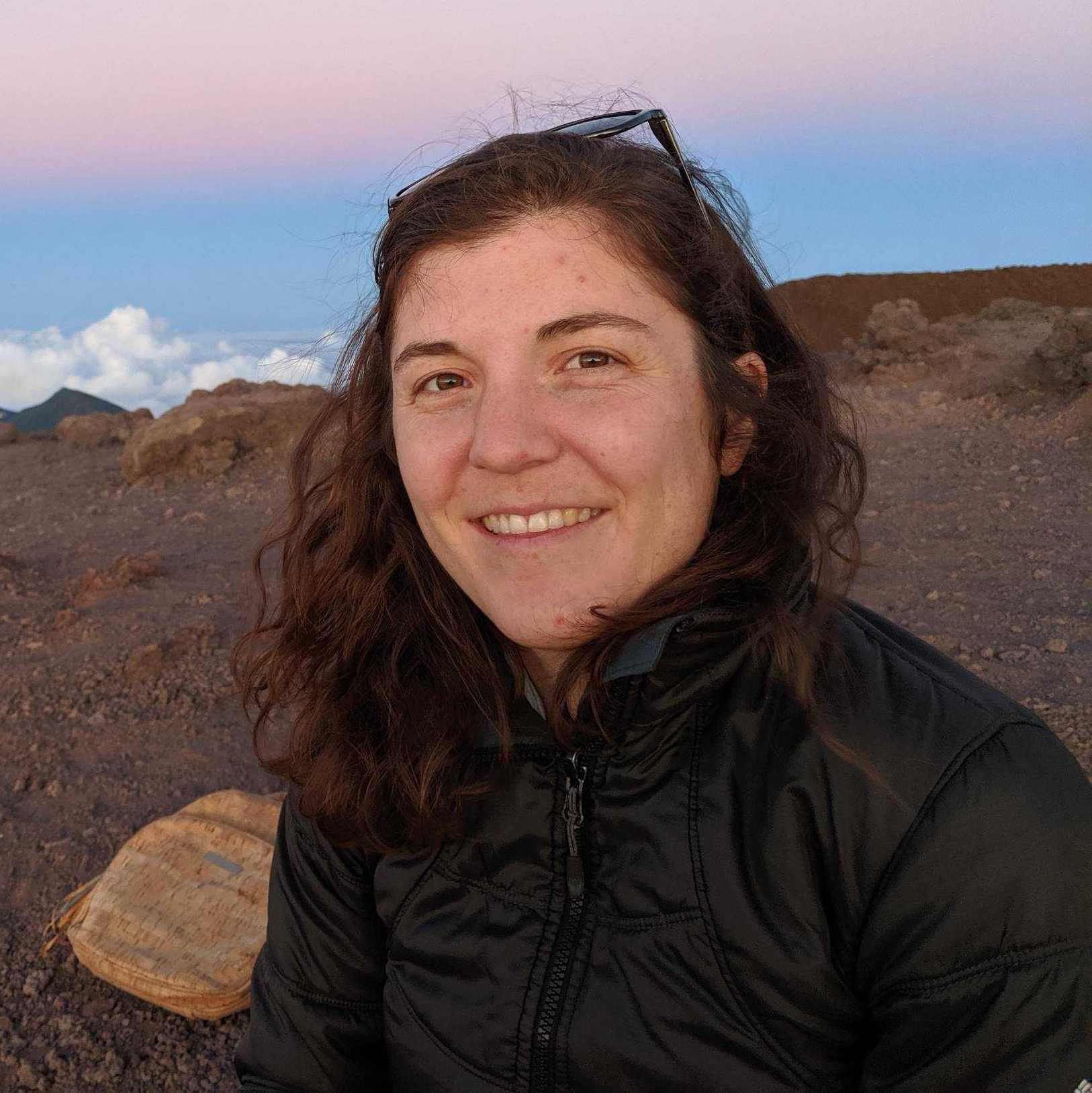 Stephanie Newdick
Stephanie Newdick
|
 Alvin Sun
Alvin Sun
|
Meeting Times
Lectures meet on Tuesdays and Thursdays from 10:30am to 11:50am in Gates Computer Science, B1.
Students are expected to attend one 2-hour section each week. More details will be released soon.
Prof. Bohg's office hours are on Fridays 1:00pm to 2:00pm in Gates 244 and by appointment.
CA office hours are on Mondays from 1:00pm to 3:00pm (in-person, Skilling Lab), Tuesdays from 2:00pm to 4:00pm (online), Thursdays from 6:00pm to 8:00pm (online), and Fridays from 10:00am to 12:00pm (online).
Syllabus
The class syllabus can be found here.
Links
Canvas -- for course content, recordings, and announcements.Gradescope -- for homework and project submissions.
Edstem -- for discussions and questions.
Schedule
Subject to change. We will try to have the lecture slides and notes uploaded before each class period.
| Week | Topic | Lecture Slides | Lecture Notes | Sections |
|---|---|---|---|---|
| 1 |
Course overview, mobile robot kinematics
Introduction to the Robot Operating System (ROS) Thursday: HW1 out |
Lecture 1 Lecture 2 Pre-knowledge quiz |
Lecture 1 Notes Lecture 2 Notes |
|
| 2 |
Trajectory optimization
Trajectory tracking & closed loop control |
Lecture 3;
Code
Lecture 4 |
Lecture 3 Notes
Lecture 4 Notes |
Section 1 Slides
Section 1 Handout |
| 3 |
Motion planning I: graph search methods
Motion planning II: sampling-based methods Tuesday: HW1 due, HW2 out |
Lecture 5
Lecture 6 |
Lecture 5 Notes
Lecture 6 Notes |
Section 2 Slides
Section 2 Handout |
| 4 |
Robotic sensors & introduction to computer vision
Camera models & camera calibration |
Lecture 7
Lecture 8 |
Lecture 7 Notes
Lecture 8 Notes |
Section 3 Slides
Section 3 Handout (In-Person) Section 3 Handout (Virtual) |
| 5 |
Image processing, feature detection & description
Information extraction & classic visual recognition Thursday: HW2 due Friday: HW3 out |
Lecture 9
Lecture 10 |
Lecture 9 Notes
Lecture 10 Notes |
Section 4 Slides
Section 4 Handout (In-Person) Section 4 Handout (Virtual) |
| 6 |
Intro to localization & filtering theory
Parameteric filtering (KF, EKF, UKF) |
Lecture 11
Lecture 12 |
Lecture 11 Notes
Lecture 12 Notes |
Section 5 Slides
Section 5 Handout (In-Person) Section 5 Handout (Virtual) |
| 7 |
Tuesday: No lecture (Democracy Day)
Nonparameteric filtering (PF) Thursday: Final project released Friday: HW3 due |
Lecture 13 | Lecture 13 Notes |
Section 6 Slides
Section 6 Handout (In-Person) Section 6 Handout (Virtual) |
| 8 |
Monday: HW4 out
Object detection / tracking, EKF localization Simultaneous localization and mapping (SLAM) |
Lecture 14
Lecture 15 |
Lecture 14 Notes
Lecture 15 Notes |
Section 7 Slides
Section 7 Handout (In-Person) Section 7 Handout (Virtual) |
| N/A | Thanksgiving Break | |||
| 9 |
Multi-sensor perception & sensor fusion I (by Daniel Watzenig)
Multi-sensor perception & sensor fusion II (by Daniel Watzenig) Friday: HW4 due |
Lecture 16; Demo Slides; Demo Code
Lecture 17 |
Lectures 16/17 Notes |
Section 8 Slides
Section 8 Handout (In-Person) Section 8 Handout (Virtual) |
| 10 |
Stereo vision
State machines Tuesday: Final project check-in due |
Lecture 18; Lecture 15
Lecture 19 (State Machines) |
Lecture 18 Notes
Lecture 19 Notes |
Office hours will be held during sections.
They are optional but recommended. |
| 11 |
Final Project Presentation and Demo
12/15 3:30 - 6:30 PM |
|||
Follow this link to access the course website for the previous edition of Principle of Robot Autonomy I.